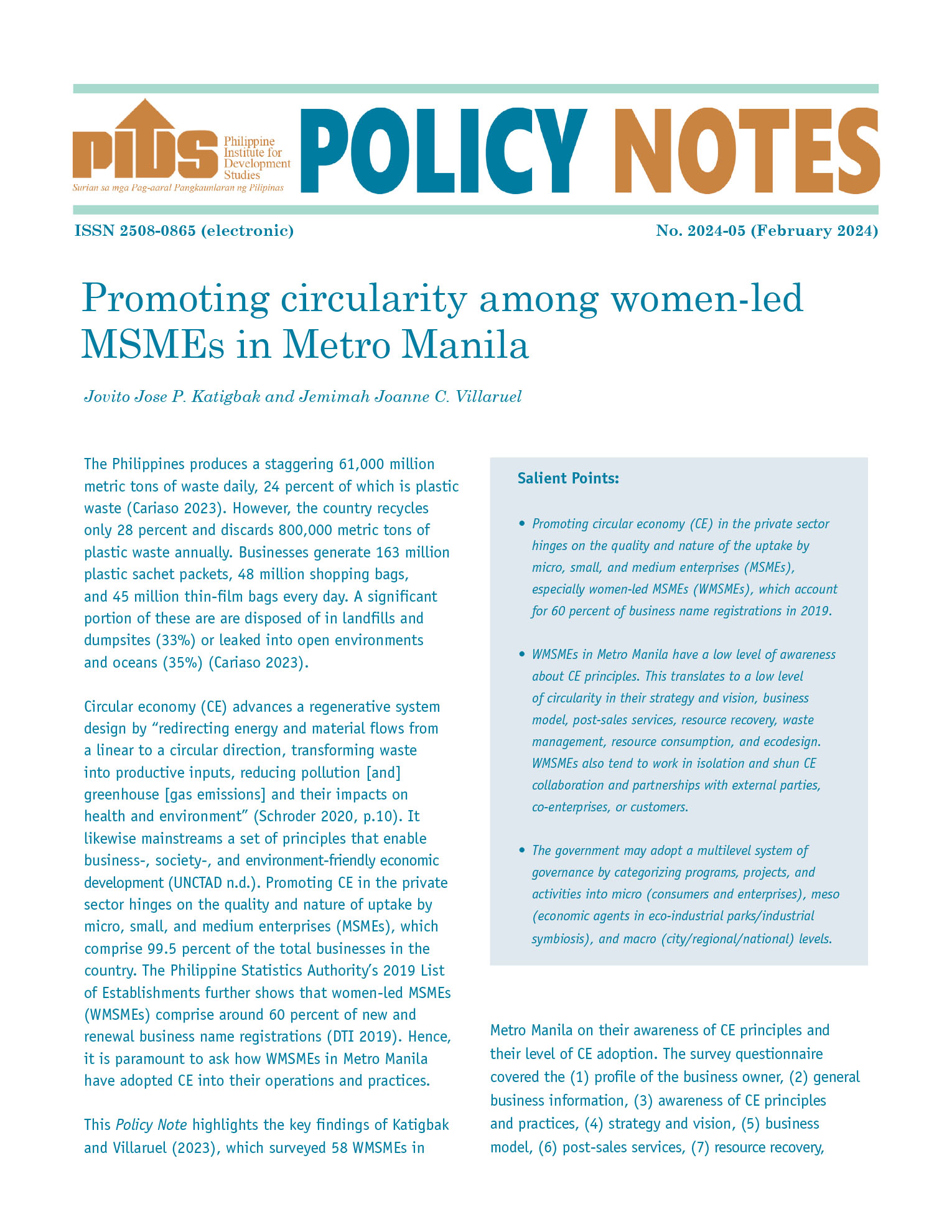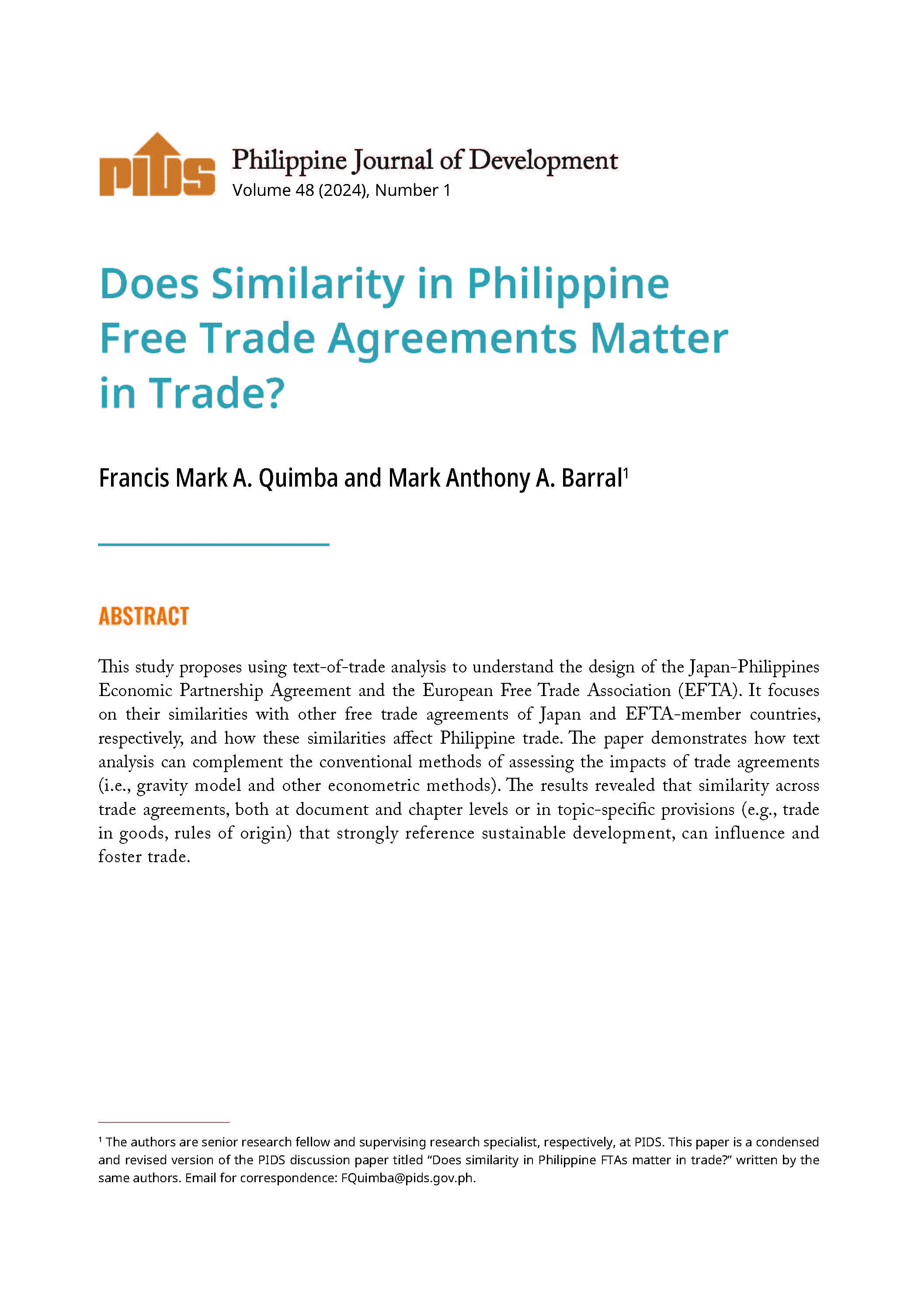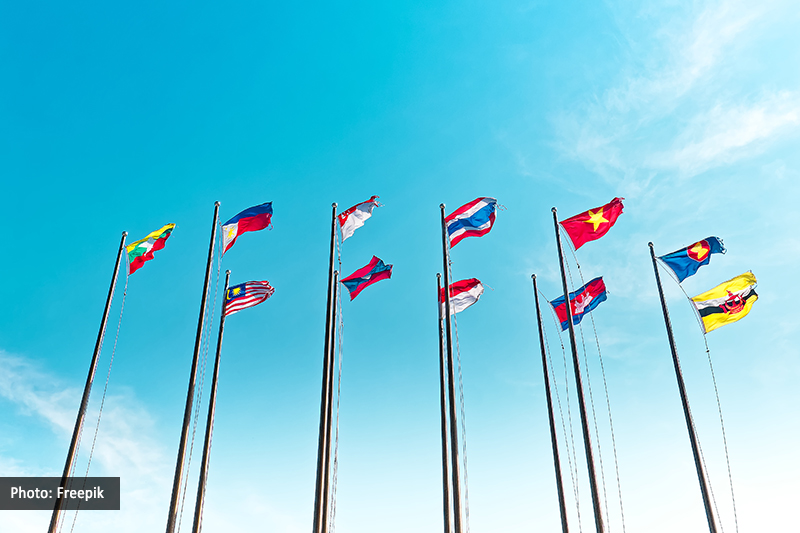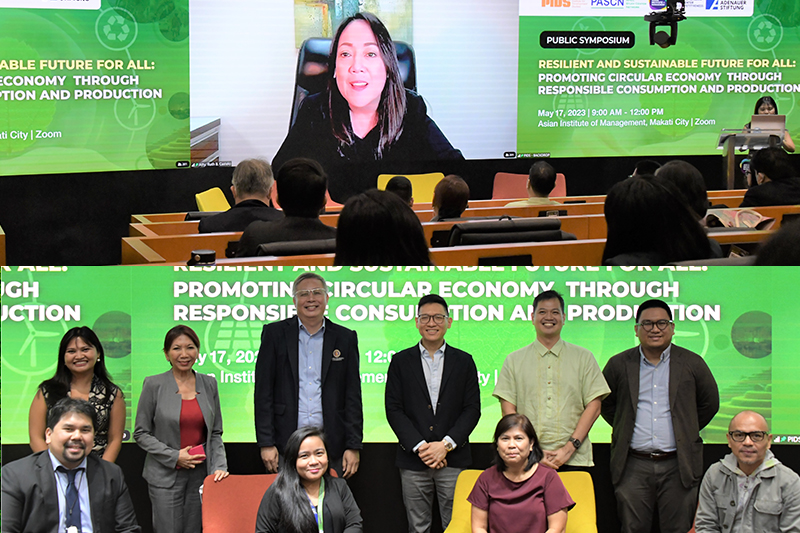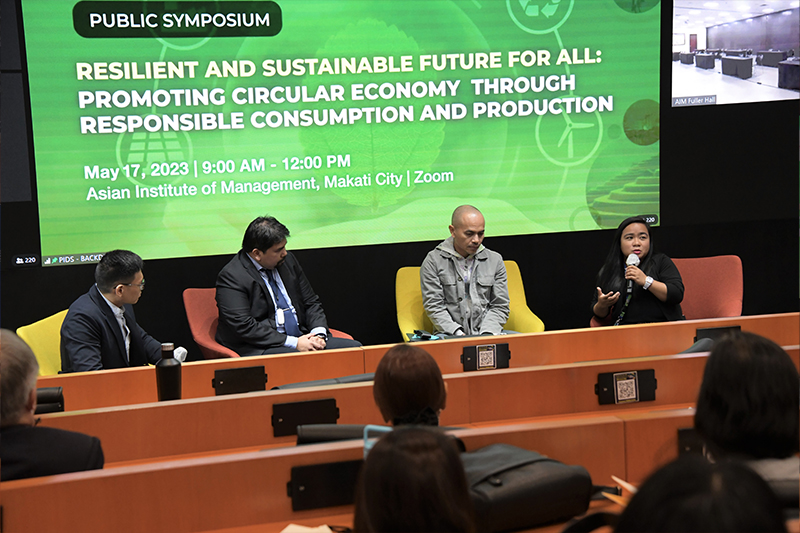DELAYING the participation or opting out from the Regional Comprehensive Economic Partnership (RCEP) may send the wrong signal that the Philippines is not keen on cross-border cooperation, said the Department of Trade and Industry (DTI), which has been lobbying for the trade deal’s ratification.
In a statement on Tuesday, Trade Secretary Ramon Lopez explained that the country may appear as not open to closer economic integration, in addition to not being inclined to create a business-friendly environment and provide a stable rules-based system for trading.
“This may impact the country’s ability to attract foreign direct investments, especially when compared with our Asean neighbors that are already part of the RCEP. This may also affect other international trade engagements we are pursuing,” he said.
“If our goal is to strengthen the Philippine economy, following the detrimental impacts of the Covid-19, non-participation or delayed participation in RCEP is not a strategic move,” he added.
Lopez called anew for Senate concurrence in the ratification of the largest trade deal in the globe in order to allow the country’s participation.
To date, six Asean countries and their five free-trade partners have signified their ratification. The deal is set to enter into force by January 1, 2022.
Dr. Francis A. Quimba, Research Fellow at the Philippine Institute for Development Studies (PIDS), said that delay or non-participation to RCEP will result in a 0.26-percent drop in the real GDP of the country.
“Economies that fail to ratify the agreement [when the rest of the countries do] will be adversely affected. The Philippines and Vietnam are among the countries that have positive export growth once the RCEP is in effect, and much of the growth is coming from new-product margin where innovations stem,” he explained.
Lopez said some investments may likely be diverted away from non-participating countries, which means lost opportunities and capital flight.
Citing a report, the DTI said that the RCEP region accounts for 50 percent of the global manufacturing output and global automotive output; 70 percent of electronics; and 60 percent of the global value chain (GVCs) for electrical/machinery, petroleum/chemicals, textile/apparel, metal and transport equipment, among others. As such, the department said it is critical for the country to secure preferential access to these value chains.
Meanwhile, Dr. Caesar Cororaton, a Research Fellow at the Virginia Polytechnic Institute and State University (USA) and a Visiting Scholar at the De La Salle University (DLSU), estimated that the country’s trade balance will improve by as much as $128.2 million due to RCEP by 2031.
In addition, Cororaton sees overall welfare increase by $541.2 million, a contribution of 1.93-percent real GDP growth and lower poverty incidence by 3.62 percent in the same period.
The Trade department’s statement followed the recent release of a report by the United Nations Conference on Trade and Development (Unctad), noting that the Philippines may lose $100 million worth of exports within the RCEP region with the implementation of the mega trade deal.
“The reason for this is the negative trade diversion effects is that some of the exports of these economies are expected to be diverted to the advantage of other RCEP members because they obtained relatively higher tariff concessions,” the UN committee explained. A tariff concession eliminates tariff duties, making trading among RCEP members cheaper.
However, Unctad said RCEP members are better served by joining the trade deal. The trade creation for the Philippines, for example, is seen to reach $200 million within RCEP region.
‘Late joining, opt-out of RCEP sends wrong signal to investors’
Related Posts
Publications
Press Releases
Video Highlights
[No related items]


